基于Android银行排队叫号系统服务器端的设计与实现毕业论文
2020-07-07 21:33:26
摘 要
随着我国社会的进步,科技的发展。人民对于生活的追求已不仅仅在吃饱穿暖的层面停留。越来越多的人不断追求生活质量,人民对服务行业的要求越来越严格,期望越来越高,同时随着国家的发展,人民生活水平的提高,人民在银行办理业务的频率激增,如何有序地排队是首要解决地问题。而我国多家银行现在应用比较广泛的排队取号叫号通讯管理系统,不仅会造成纸张的大量浪费,而且还存在客户在服务大厅等候的时间过长等问题。一方面随着服务行业的迅猛发展,客户对服务质量和服务精准度的要求越来越高,这不仅仅体现在衣食住行方面,还体现在日常基础服务方面;另一方面随着智能手机的技术成熟和普及,智能手机以其方便携带,功能性能和电脑已基本无差别等优势,普通人基本人手一部智能手机。因而基于移动端的智能取号排队等待系统的应用远景逐渐明了。
为解决以上问题,本小组开发出一套更加智能的排队叫号系统。本系统是基于Android客户机前端和Java服务器后端的银行叫号系统。用户通过app可以查看该网店每项业务有多少人在排队,点击取号后系统会将号码以短信的形式下发给用户,叫到号的用户可以凭叫号短信来前台办理业务。本系统可以释放用户在排队大厅等待的这段时间,快要到号的时候我们会再次下发告警短信通知。
而在APP的服务器端,主要涉及后台代码和后台页面的开发以及数据库的设计。本系统服务器端我所采取的开发工具是Eclipse,数据库利用轻量级的Mysql数据库。服务器端的用户涉及超级管理员管和业务员。服务器端的后台界面利用jQuery-Easyui编写,利用集成框架可以提高开发效率。
本文对数据库的设计、后台开发的环境搭建以及服务器的设计与实现进行详细分析。
关键词:银行 排队叫号 Android APP服务器端
Server design based on Android ”Bank Queuing System APP”
Abstract
With the progress of our country's society, the development of science and technology. The people’s pursuit of life has not only stayed at the level of food and clothing. More and more people are constantly pursuing quality of life. People’s requirements for the service industry are increasingly strict and they are expected to become higher and higher. At the same time, with the development of the country and the improvement of people’s living standards, the demand for people to handle business at the bank has grown rapidly. Queuing management systems have played a very important role in the bank’s normal business processing. However, many banks in our country now use a relatively wide range of queuing and calling management systems, which will not only cause a lot of paper waste, but also have problems such as long waiting time for customers in the service hall. On the one hand, with the rapid development of the service industry, customers have increasingly higher requirements on service quality and service accuracy. This is not only reflected in the daily necessities, but also in the daily basic services; on the other hand, with the technology of smart phones. Mature and popular, smart phones are easy to carry, and the functional performance and the computer have basically no difference. The average person has a basic smart phone. Therefore, the application of intelligent queuing systems based on mobile terminals is more and more broad.
To solve the above problems, the team developed a smarter queuing system. This system is based on the Android client and Java server bank queuing system. The user can hold the mobile phone to receive the number to queue for the short message and
the number to go to the window to handle the business. This not only can reduce the waste of resources, but also allows the customer to wait in an orderly manner and emerge unexpectedly to avoid chaos. The system is designed to achieve bank queuing function, which can effectively improve the service quality of the service hall and improve the utilization of resources.
The server side of the APP mainly involves the development of background code and background pages, and the design of the database. The development tool that this system server end I adopt is Eclipse, the database uses the lightweight MySQL database. Server-side users involve super administrators and salespeople. The server-side backend interface is written using jQuery-Easyui. Using the integration framework can improve the development efficiency.
This paper willgivea detailed analysis of the design of the database,the environment construction and design of the server.
Key Words:bank;queuing;android;app;the server side
目录
摘要 I
Abstract II
第一章 绪论 1
1.1 课题研究的背景 1
1.2 课题研究的目标和意义 1
1.2.1宗旨 1
1.2.2 意义 2
1.3 课题研究现状 2
1.4 论文架构 2
第二章 相关技术分析 3
2.1 可行性分析 3
2.2系统架构设计 3
2.3 Java相关技术介绍 4
2.3.1 jdk和jre的简介 4
2.3.2 JVM简介 4
2.3.3 SpringIOC和AOP的简介 6
2.3.4 SpringMVC简介 6
2.3.5 Hibernate简介 7
2.3.6 jqueryEasyUi和dwr的简介 7
2.3.7 Java技术的优点和近况 7
2.4 MySQL数据库 8
2.5 Eclipse开发工具 8
第三章 系统分析与设计 9
3.1 系统分析 9
3.2 需求分析 10
3.2.1用户需求分析 10
3.2.2 系统功能需求 11
3.2.3 系统性能需求 12
3.3 系统开发流程设计 13
3.3.1系统开发步骤 13
3.3.2注册步骤 14
3.3.3登录步骤 15
3.3.4 添加信息步骤 15
3.3.5 修改信息步骤 16
3.3.6 删除信息步骤 17
第四章 数据库设计 18
4.1 数据库概念设计 18
4.1.1实体及联系 18
4.1.2 ER图 19
4.2 数据字典设计 22
4.2.1前期准备 22
4.2.2数据字典表 22
4.3 数据库物理设计 24
4.3.1业务员表信息表物理设计 24
4.3.2用户信息表物理设计 24
4.3.3交易信息表物理设计 25
4.3.4网点信息表物理设计 25
4.3.5评价信息表物理设计 26
4.3.6取号信息表物理设计 26
第五章 系统设计与实现 27
5.1 搭建服务器的开发环境 27
5.2开发工具的安装 27
5.2.1JDK的安装 27
5.2.2 Eclipse的安装 31
5.2.3 配置Tomcat 31
5.2.4 mysql数据库和navicat 31
5.3 服务器端系统目录与框架详解 37
5.4 服务器端的具体实现 41
5.4.1 业务员登录 41
5.4.2业务员操作台 42
5.5服务器端与客户端的交互 45
第六章 总结与展望 48
参考文献 49
致谢 51
绪论
在绪论部分我们要讲一讲本次课题的研究背景,现在和意义。明确做本项目的价值。
1.1 课题研究的背景
随着社会的发展进步,老百姓越来越富裕,生活水平越来越好以及老百姓消费观的转变。普通百姓与银行之间的交易由一开始单一的存取款业务发展到信贷、理财、公共事务缴费等各方面。这就导致银行的业务量激增,人民办理业务需要排队的时间越来越长,银行的服务质量大受影响,用户体验大打折扣。
而我国多家银行现在应用比较广泛的排队取号叫号通讯管理系统,不仅会造成纸张的大量浪费,而且还存在客户在服务大厅等候的时间过长等问题。一方面随着服务行业的迅猛发展,客户对服务质量和服务精准度的要求越来越高,另一方面随着手机技术和手机普及,基于移动端智能排队系统的应用前景和市场越来越广阔。主流的移动端操作系统是安卓和ios,而在中国市场安卓市场占有率超过八成,所以用开放性的安卓平台开发出一套银行排队叫号系统是极具竞争力的。
1.2 课题研究的目标和意义
相关图片展示:
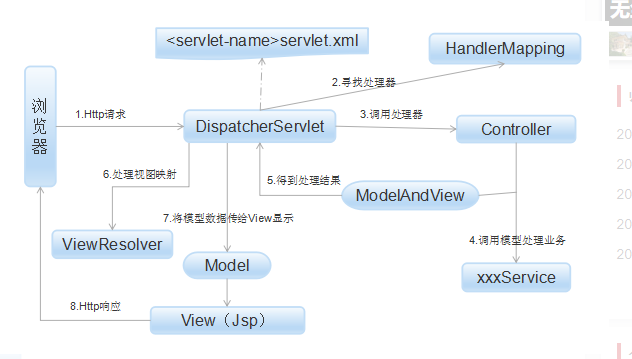
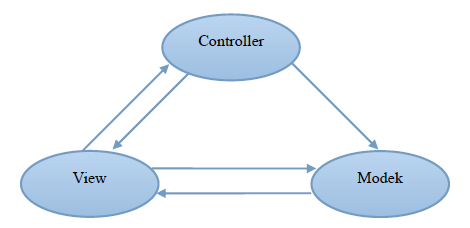
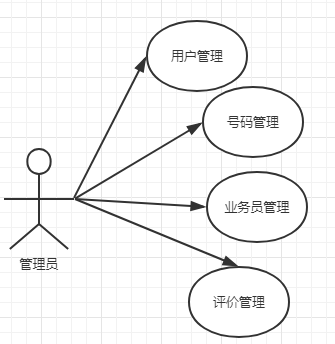
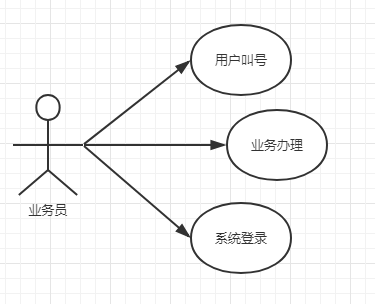
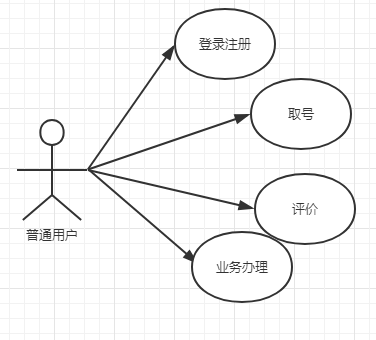
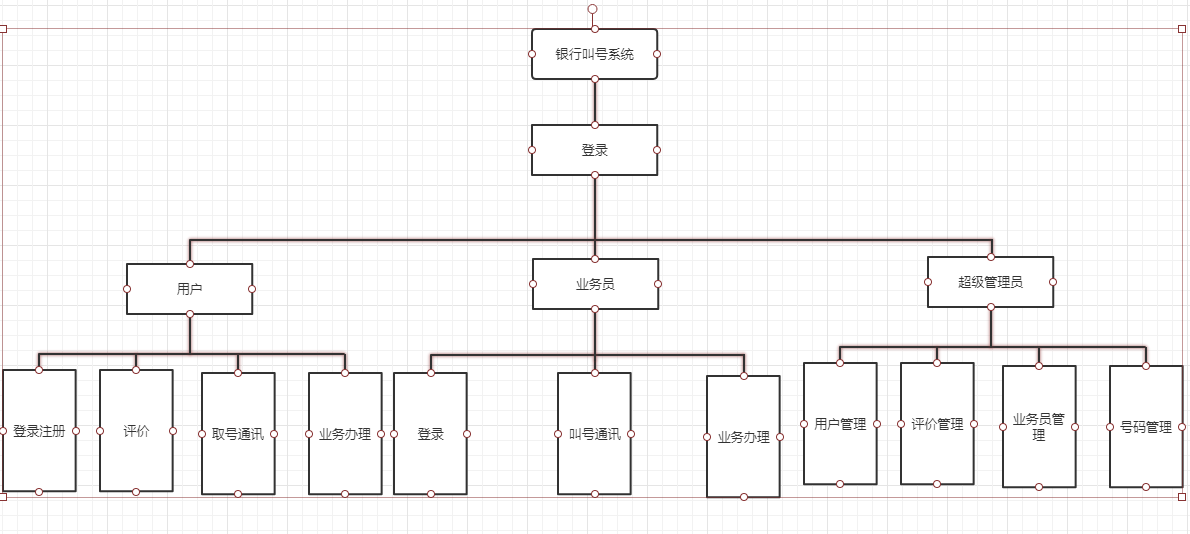
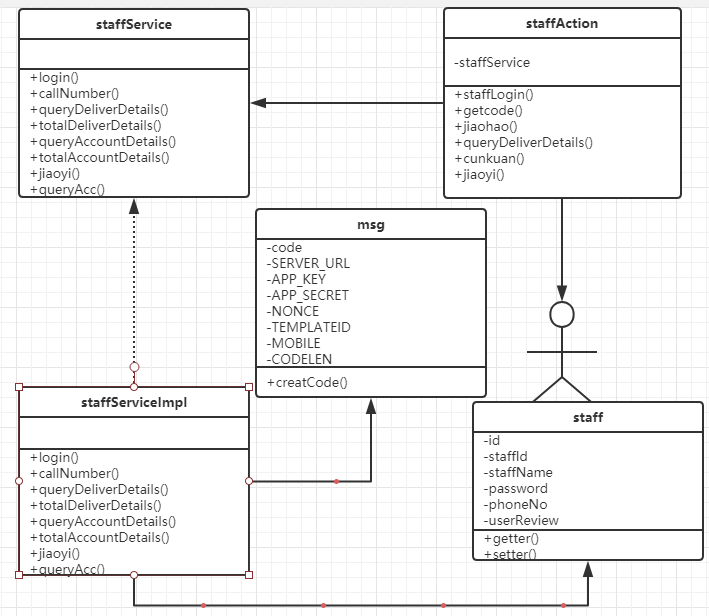
课题毕业论文、开题报告、任务书、外文翻译、程序设计、图纸设计等资料可联系客服协助查找。



